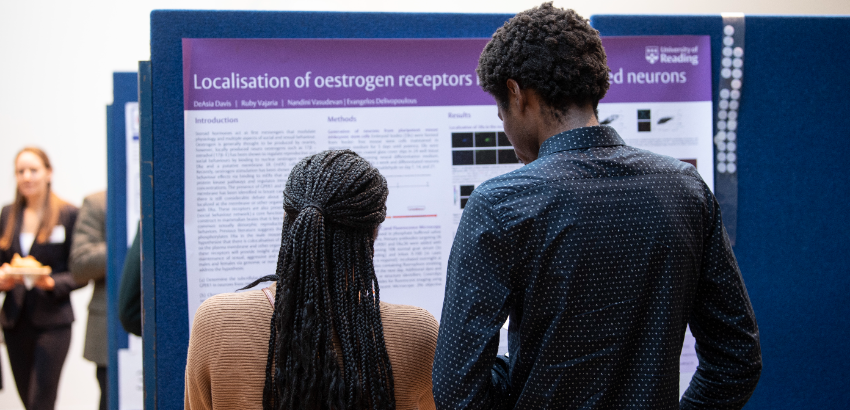
Equality, Diversity and Inclusion
‘Like society as a whole, the research community is not immune to biases against people because of their race, gender, religion, disability, or any other aspects of identity. Inclusive knowledge that reflects the world’s best thinking is our greatest hope for solving the problems we face. Diverse perspectives lead to more ideas, new avenues of discovery, and more solutions that we might never have seen if everyone involved with research thought the same way and experienced the world in the same way. But despite some progress, research isn’t as diverse or inclusive as it needs to be….’
- excerpt from: Mia Ricci A Report on Diversity, Equity, and Inclusion: Why Wiley? Why Research Publishing? February 2021
The British Society for Neuroendocrinology is committed to creating a scientific society that celebrates equality, diversity and inclusion (EDI) among all its members. Following a review of EDI practices at the BSN, the Society's Board of Trustees developed an EDI strategy that aimed to incorporate a proactive approach towards ascertaining, fostering and improving EDI practices in BSN, that would be beneficial for ALL members, including those from underrepresented and disadvantaged groups.
Three goals were defined:
- Survey the BSN membership community to understand member diversity and perceptions relating to EDI
- Synthesise the response and provide feedback to committee and members
- Identify appropriate follow-up actions and implement in a timely manner
EDI Sub-committee
BSN's EDI Sub-committee is chaired by the EDI Secretary, Dr Limei Zhang, and regularly meets to discuss ways in which the Society can further our work on Equality, Diversity and Inclusion.
Resources
Black Women in Science
The Black Women in Science (BWiS) Network is a community for women of African and Caribbean heritage in the UK in various stages of their scientific careers. The network has articles, blogs and podcast on what it means to be a Black woman working in science as well as monthly online safe spaces where Black women can log in and discuss anything they want to discuss.
www.bwisnetwork.co.uk
Black Med Sci Network
A network working to raise the visibility of Black and ethnic minority scientists in research that will one day lead to breakthroughs of novel therapies, technologies or both. Joining the network gives you access to monthly events in the UK.
bmsnco.uk
Black British STEM
BBSTEM is a non-profit organisation campaigning for balance and representation of Black individuals in science, technology, engineering and maths (STEM). BBSTEM has a mentoring scheme and a jobs board for Black STEM professionals.
jobs.bbstem.co.uk

